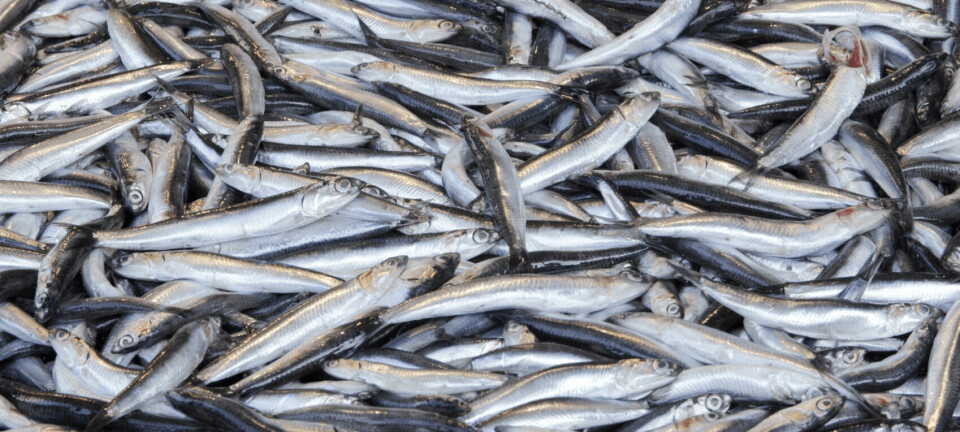
More plant-based salmon takes root in stores
California-based Kikka Sushi, which sells seafood products in more than 20 US states, has launched a vegan range that includes vegan salmon and tuna sushi.
The fish analogues are created with the root vegetable konjac, commonly used in the production of plant-based seafood, and the red algae, agar.
The new vegan fish options are available in select flagship branches of Whole Foods Markets.
Also in the US, Boldly, a new plant-based foods brand, has announced the upcoming launch of its vegan seafood line, featuring salmon and tuna sashimi, calamari, shrimp, crab sticks, and white fish fillets, reports Vegconomist website.
Like Kikka Sushi, Boldly’s new line features konjac root as a core ingredient.
£242m investment fund
On the other side of the Atlantic, London-based Milltrust Ventures and Ireland’s Earth First Food Ventures have launched a new $300 million (£242 m) Smart Protein Fund directed at funding alternative proteins companies to “disrupt and decarbonise” the food industry.
The fund aims to invest climate capital toward scaling up start-ups and companies developing innovative plant-based, fermented, fungi-based, and cultivated meat, fish, or dairy products to replace industrial farming.
The fund builds on Milltrust’s first investment in alternative protein in 2016, when the firm provided seed capital and helped found Roslin Technologies, a joint venture between the University of Edinburgh and two investment and business development partners that is focused on disruptive biotechnologies.
Self-renewing cells
Roslin Technologies has developed pluripotent animal stem cells with the capacity to self-renew indefinitely and differentiate into desired end-tissues for meat. Currently, the company supplies customers in North America, Europe, Asia and the Middle East.
Brian Ruszczyk, chief executive of Earth First Food Ventures, said: “By 2035, alternative proteins will very likely capture 11% of the global protein market through organic growth, as consumers, companies, and investors push the values of ESG and parity.
“And we predict the market for alternatives to meat, especially chicken and seafood, could increase significantly higher still, rising from 2% of total protein consumption in 2020 to more than 20% by 2035, with government support which we are beginning to see today.”




















































